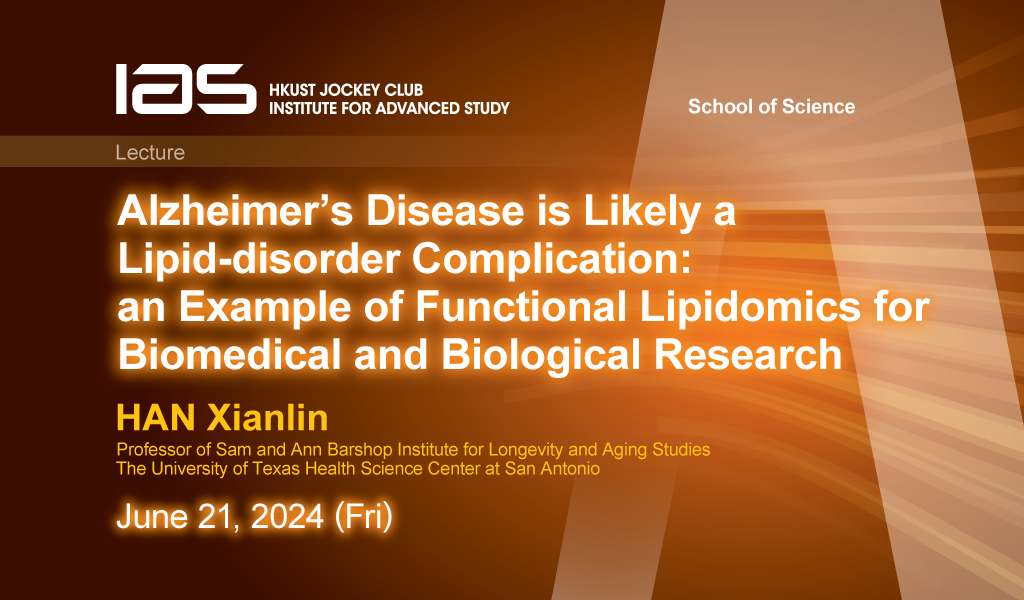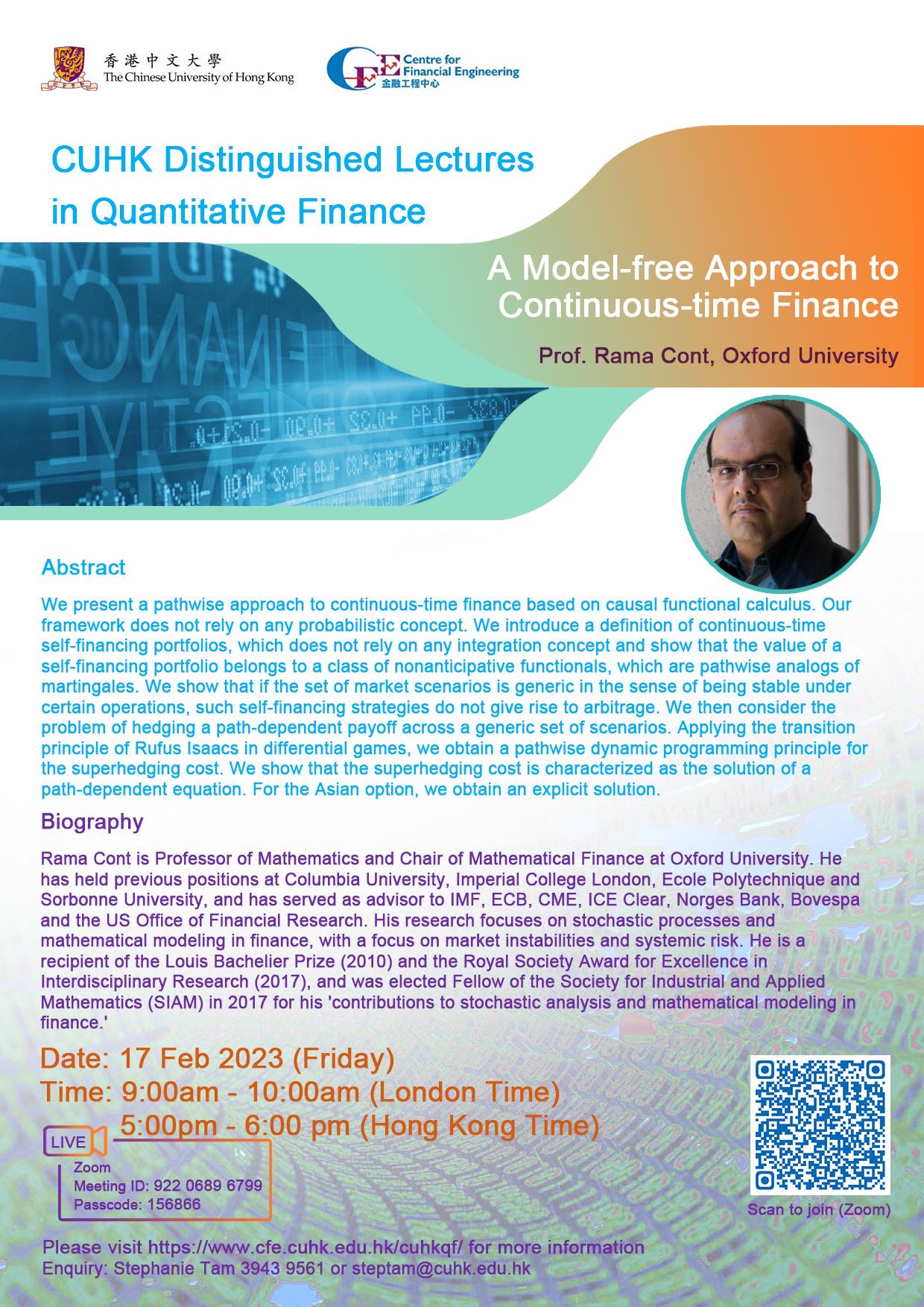We present a pathwise approach to continuous-time finance based on causal functional calculus. Our framework does not rely on any probabilistic concept. We introduce a definition of continuous-time self-financing portfolios, which does not rely on any integration concept and show that the value of a self-financing portfolio belongs to a class of nonanticipative functionals, which are pathwise analogs of martingales. We show that if the set of market scenarios is generic in the sense of being stable under certain operations, such self-financing strategies do not give rise to arbitrage. We then consider the problem of hedging a path-dependent payoff across a generic set of scenarios. Applying the transition principle of Rufus Isaacs in differential games, we obtain a pathwise dynamic programming principle for the superhedging cost. We show that the superhedging cost is characterized as the solution of a path-dependent equation. For the Asian option, we obtain an explicit solution.

Oxford University



